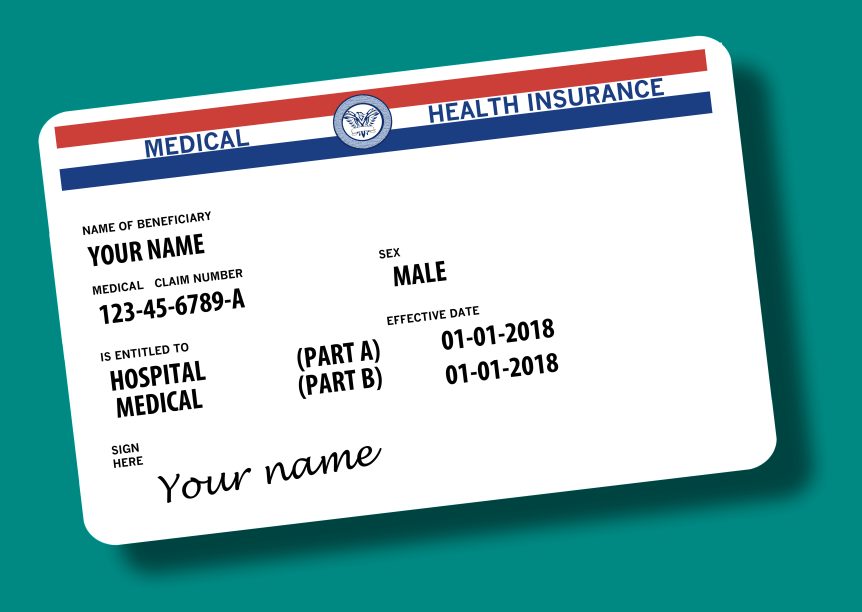Medicare, the federal health insurance program for individuals aged 65 and older, as well as younger people with certain disabilities or medical conditions, provides coverage for a wide range of medical services and treatments. However, there are certain services and items that Medicare does not cover. It is important for beneficiaries to be aware of these exclusions to avoid unexpected out-of-pocket expenses.
Dental Care
Medicare does not cover most dental care procedures, including routine dental exams, cleanings, fillings, extractions, dentures, and dental implants. Limited coverage may be provided for dental services that are required for medical reasons, such as jaw reconstruction following an injury.
Vision Care
Routine eye exams for prescribing eyeglasses or contact lenses are not covered by Medicare. Similarly, any eyeglasses or contact lenses are also not covered, with a few exceptions such as eyeglasses following cataract surgery or if needed due to certain eye conditions.
Cosmetic Procedures
Medicare does not cover cosmetic procedures or surgeries that are deemed elective or not medically necessary. This includes procedures such as cosmetic surgery, hair transplants, and most types of wrinkle treatments.
Long-Term Care
Medicare typically does not cover long-term care services, including assisted living facilities, nursing home care, and home health aides for activities of daily living. Limited coverage may be available for skilled nursing care following a hospital stay for a covered condition.
Alternative Therapies
Certain alternative therapies and services, such as acupuncture, chiropractic care, and massage therapy, are not covered by Medicare. However, some Medicare Advantage plans may offer coverage for these services as an additional benefit.
Medical Care Outside the U.S.
Medicare generally does not cover medical care received outside of the United States, with limited exceptions for emergency services in certain situations. Beneficiaries may want to consider purchasing additional travel insurance for coverage while abroad.
Conclusion
While Medicare provides essential health coverage for millions of Americans, there are limitations to what services and treatments are covered. Understanding what Medicare does not cover can help beneficiaries plan for potential out-of-pocket expenses and explore alternative insurance options to meet their healthcare needs. It is important to regularly review Medicare guidelines and consult with healthcare providers to make informed decisions about healthcare services.

